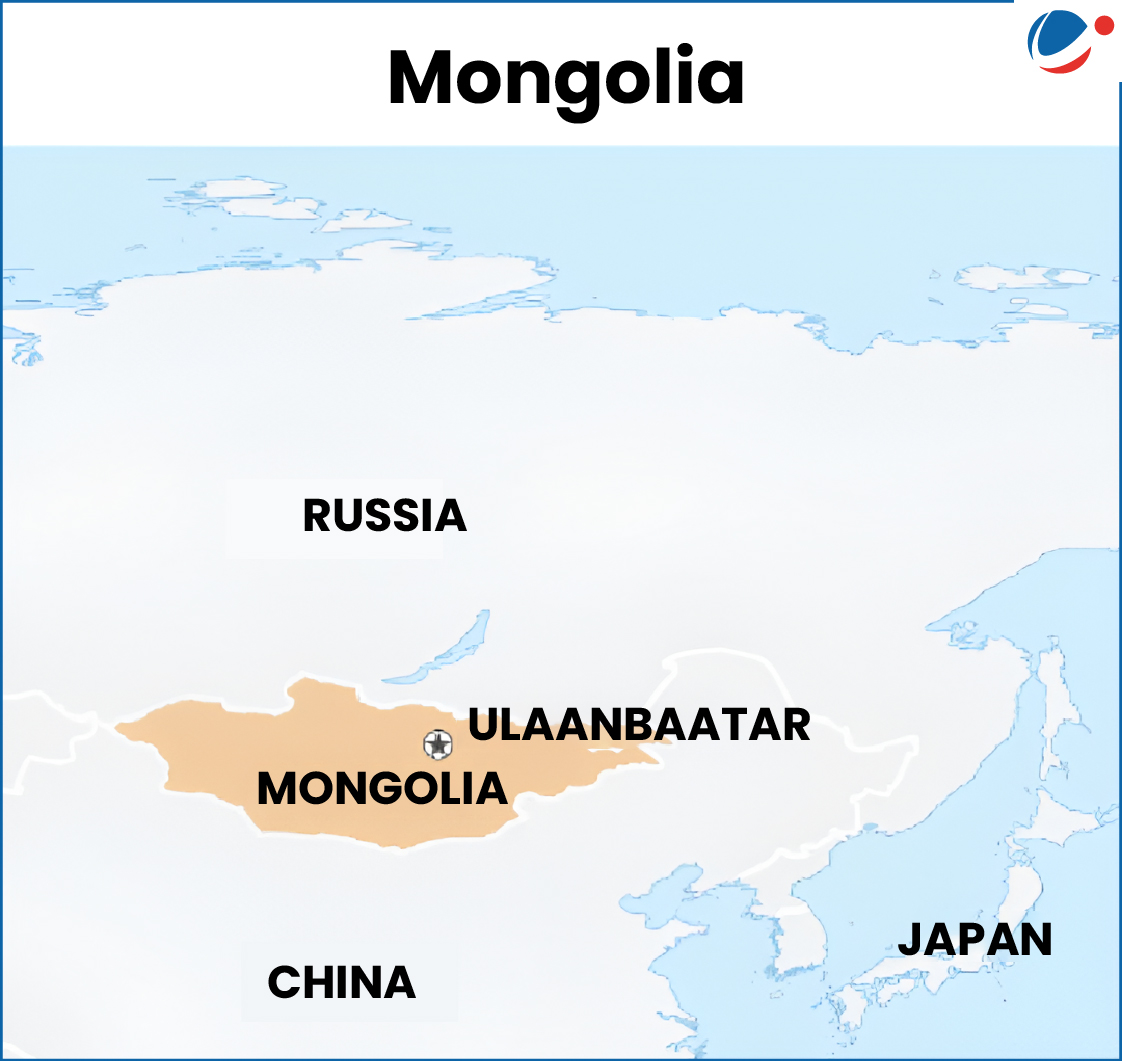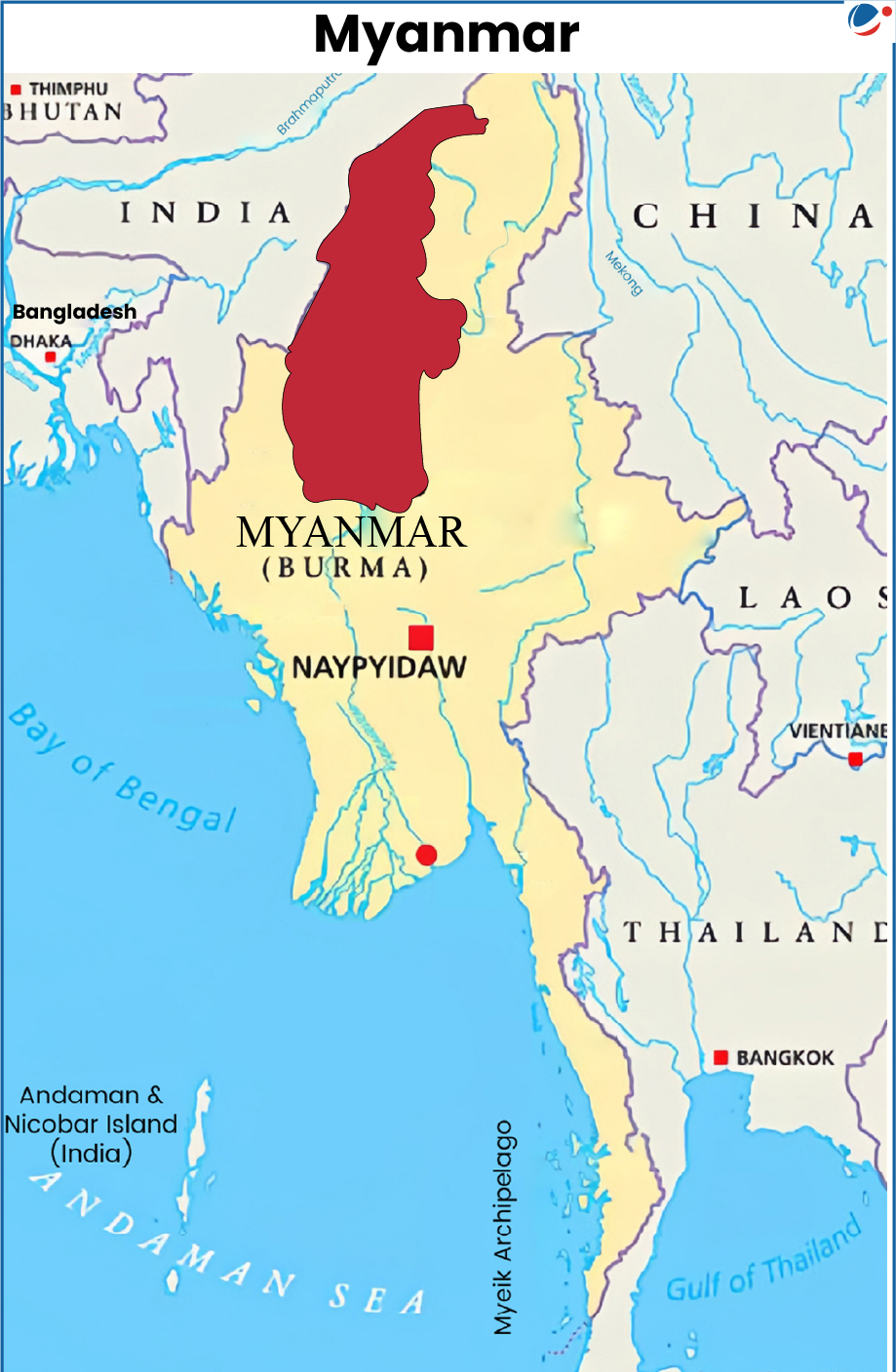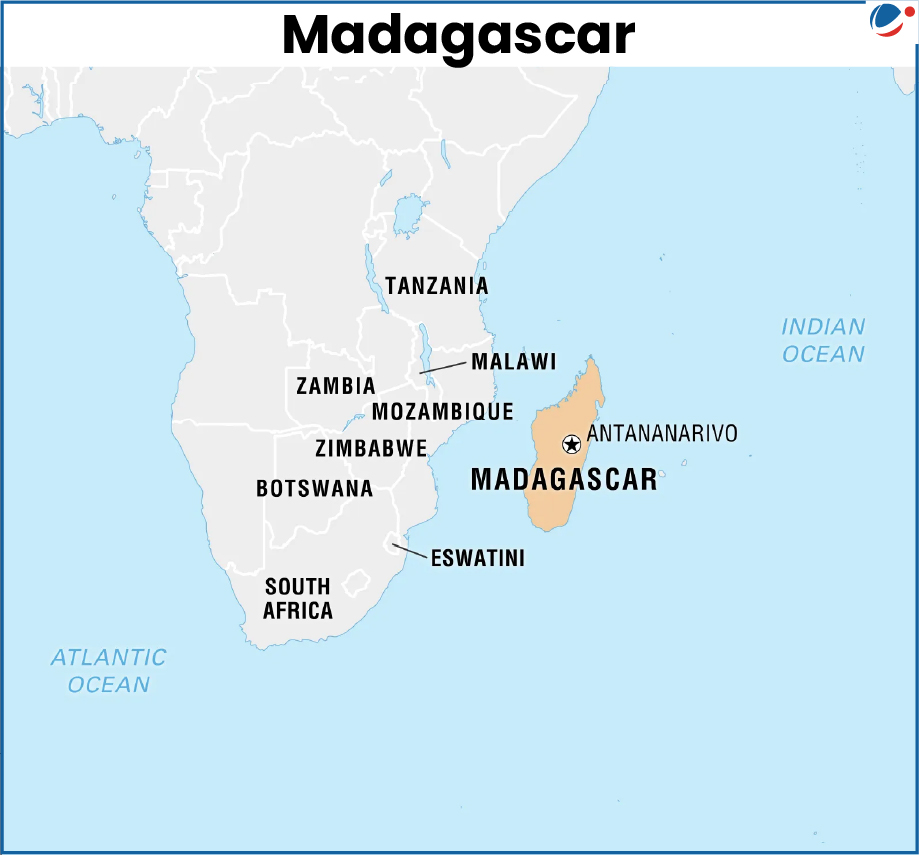The 47th ASEAN summit was held recently in Kuala Lumpur, Malaysia.
- ASEAN Summits take place twice a year, hosted by the country holding the ASEAN Chairmanship.
Key Highlights of the Summit
- Addition of 11th Member: Timor-Leste (East Timor) was officially admitted as ASEAN's 11th member
- Theme: Inclusivity and Sustainability.
- Kuala Lumpur Accord: Joint ceasefire agreement between Thailand and Cambodia.
22nd ASEAN-India annual Summit was also held on the sidelines of the summit. The key highlights include:
- Maritime Cooperation: 2026 was designated as “ASEAN-India Year of Maritime Cooperation” and supported the grouping's centrality in the Indo-Pacific.
- Sustainable Tourism: Adoption of the ASEAN-India Joint Leaders’ Statement on Sustainable Tourism.
- Plan of Action: Extended support for implementation of the ASEAN-India Plan of Action to implement the ASEAN-India Comprehensive Strategic Partnership (2026-2030)
Article Sources
1 sourceIndia and UK released Joint Statement during the visit of Prime Minister of England to India.
Key highlights of the India-UK Joint Statement
- Technology: Both nations welcomed the tangible progress made across critical and emerging technologies, including telecommunications, critical minerals, AI, and health tech. Key outcomes of Technology Security Initiative (TSI) include:
- Connectivity & Innovation Centre for AI native network for 6G, Non-Terrestrial Networks (NTNs), cyber security for telecoms with at least £24m of joint funding.
- Joint Centre for AI promoting responsible AI in healthcare, climate, FinTech, and BioTech.
- Phase 2 of the UK-India Critical Minerals Supply Chain Observatory to expand Mineral coverage and establish a new satellite campus at IIT-ISM Dhanbad.
- Trade and Investment: Both welcomed the resetting of the Joint Economic and Trade Committee (JETCO) which will support the governance and utilisation of the Comprehensive Economic and Trade Agreement (CETA).
- Defence: Both sides committed to maritime security cooperation in the Indo-Pacific, including establishing a Regional Maritime Security Centre of Excellence (RMSCE) under the Indo-Pacific Oceans Initiative (IPOI).
- Education: Both sides reaffirmed the Migration and Mobility Partnership to enable legal migration and curb irregular movement.
- E.g., Queens University of Belfast and Coventry University have been authorised to open their branch campuses in GIFT City.
- Climate and Energy: Both announced a joint investment in the Climate Tech Start-up Fund to support innovation in climate tech and AI.
- Additionally, Offshore Wind Taskforce and expressed intent to collaborate through the Global Clean Power Alliance (GCPA).
The European Council has approved the EU-India Strategic Agenda, identifying five priority pillars to address emerging opportunities, challenges, and threats in a geopolitical context.
Five Priority Pillars
- Prosperity and Sustainability: Focuses on economic growth, job creation, decarbonization, and strengthening supply chains.
- The goals of finalizing a Free Trade Agreement (FTA) and concluding an Investment Protection Agreement (IPA) are central to this.
- Technology and Innovation: Deepens cooperation on critical emerging technologies, digital infrastructure, and promoting research collaboration through the Trade and Technology Council and Horizon Europe.

- Security and Defence: Addresses global security threats, geopolitical tensions, and technological change. E.g. Coordinate on Indo-Pacific and promote rule based maritime order.
- Connectivity and Global Issues: Strengthens regional connectivity, global governance, and cooperation in third countries.
- Example: Strengthening initiatives like India-Middle East-Europe Economic Corridor (IMEC) and Global Gateway.
- Enablers across Pillars: Facilitates skills mobility, knowledge exchange, business engagement, and institutional cooperation to support all four main pillars.
The two countries celebrated the 10th anniversary of their Strategic Partnership with key MoUs signed during the visit of Mongolian President to India.

Key MoUs signed
- Development Cooperation: Both countries reaffirmed commitment to the Mongol Oil Refinery Project, being implemented with US$ 1.7 billion Line of Credit by India.
- Cultural Relations: MoU between Ladakh Autonomous Hill Development Council and Mongolia’s Arkhangai Province.
- Spiritual Cooperation: India plans to send holy relics of Lord Buddha’ disciples Sariputra and Maudgalyayana to Mongolia, help digitise the 1 million ancient Buddhist manuscripts, and link Nalanda and Gandan Monastery.
- Others: Free e-visas to Mongolian citizens, strengthening trade through exploring the potential of third-country ports, enhance cooperation in Uranium, resilient supply chains and critical minerals, etc.
Significance Of Mongolia for India
- Strategic Importance: Mongolia’s strategic location, essential for enhancing geopolitical balance and regional stability.
- International and Development Cooperation: Both countries commit to a free, open, and rule based Indo-Pacific, along with cooperation in multilateral fora.
- Energy and Economic Partnership: Mongolia has vast reserves of coking coal, useful for Steel industry.

The forum is launched at the 16th session of the United Nations Conference on Trade and Development (UNCTAD16) to tackle the entrenched debt crisis in developing countries.
About Sevilla Forum on Debt
- It is led by Spain, supported by the UNCTAD and United Nations Department of Economic and Social Affairs (UN DESA).
- It will bring together all stakeholders, creditors, borrowers, international financial institutions and academia on debt sustainability, management and innovative solutions.
- It is one of the outcomes of the Fourth International Conference on Financing for Development (FfD4) and part of Sevilla Platform for Action.
- The other three outcomes are Debt Swaps for Development Hub, Debt-for-Development Swap Programme, and Debt “Pause Clause” Alliance.
- This initiative will complement the Sevilla Commitment.
- Sevilla Commitment lays out a path to close the $4 trillion annual SDG financing gap in developing countries.
- It is the first inter-governmentally agreed financing for development framework since 2015.
Debt Crisis
- Global public debt: In 2024, global public debt reached $102 trillion (developing countries burden-US$ 31 trillion)
- Developing countries spend $1.4 trillion on annual debt service.
- Over 3.4 billion people live in nations spending more on debt servicing than on health or education.
Russia’s lower house approved withdrawal from Plutonium Management and Disposition Agreement (PMDA) with the U.S.
- Previously, Russia in 2016 suspended implementation of the agreement, citing U.S. sanctions.
About PMDA
- The agreement signed in 2000 commits the U.S. and Russia to each irreversibly dispose of at least 34 metric tons of weapons-grade plutonium.
- Plutonium (atomic number 94) is a radioactive material with a high melting point, and the heaviest naturally occurring element.
- Disposition goal: Convert plutonium into safer forms (MOX fuel, reactor irradiation).
India was elected unopposed to UN Human Rights Council for the seventh time.
- India is elected for a three-year term (2026–28) starting next year.
About UN Human Rights Council
- Overview: It is an intergovernmental body within the United Nations system that promotes and protects human rights globally.
- Genesis: Established in 2006 by the General Assembly by replacing the Commission on Human Rights.
- Membership: It has 47 members elected annually by the UN General Assembly, serving three-year terms with a maximum of two consecutive terms.
- Function: Provides a global forum on human rights, adopts resolutions, reviews member states, and mandates investigations and special procedures.
Article Sources
1 sourceIran ratified International Convention for the Suppression of the Financing of Terrorism.
About International Convention for the Suppression of the Financing of Terrorism
- Adopted by the UN General Assembly in 1999 and entered in 2002.
- Purpose: Criminalizes the financing of terrorism and holds funders of terrorist acts accountable.
- India has also ratified it
Areas in Conflict | Reason | Key Geographical Features | Map |
Myanmar (Sagaing Region) | Over a million Rohingya Muslims from Myanmar now live as refugees in Bangladesh, where their human rights are being violated. |
|  |
Madagascar (Antanan-arivo, the capital city) | Anti-government Gen Z protests in Madagascar have led to the fall of the government. |
|  |






